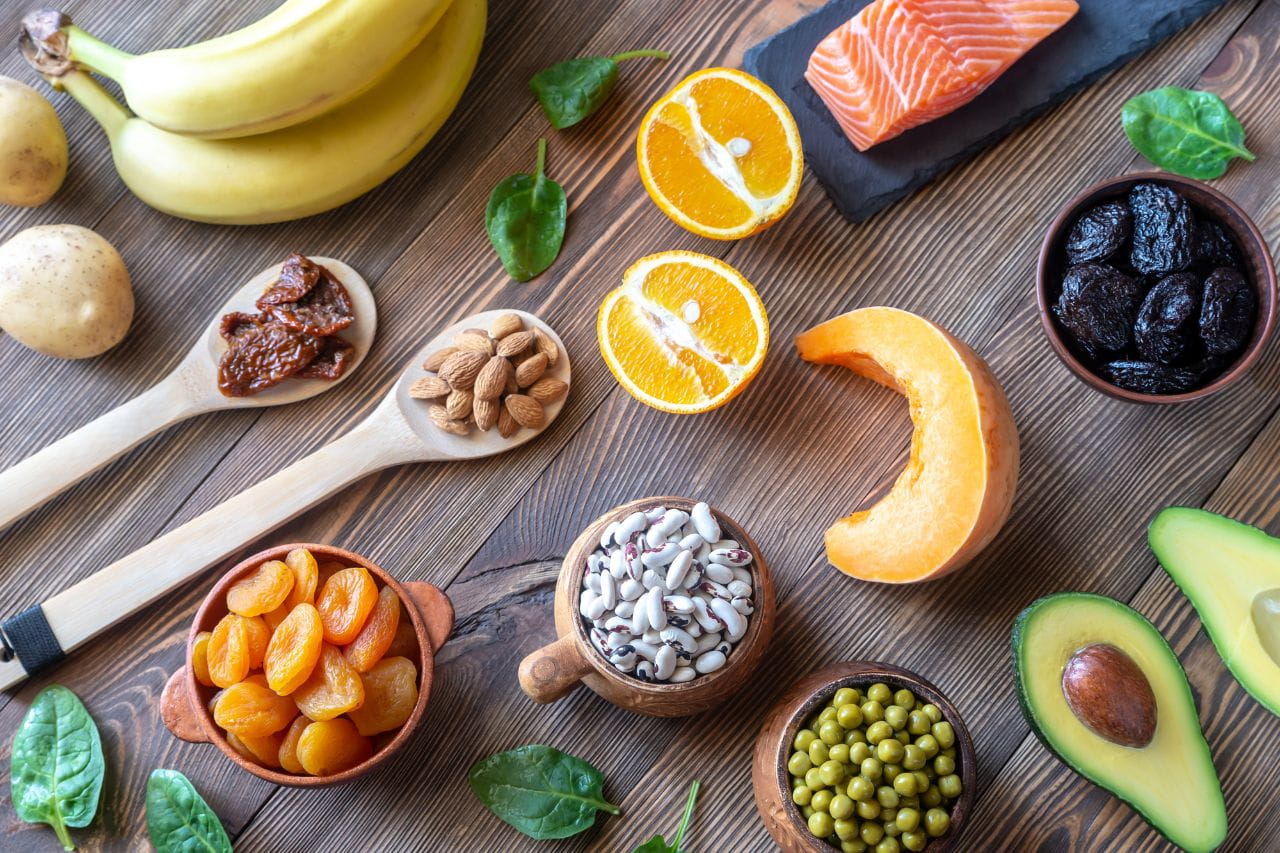How Does Your Gut Impact Your Health?

Researchers continue to learn about how the condition of the gastrointestinal tract — often referred to as “gut health” — affects overall health.
Not just a place for digesting food and beginning the distribution of nutrients to the body, your gut is also home to countless “good” bacteria that are necessary for optimal health. They enjoy a symbiotic (mutually beneficial) relationship with you, helping to break down food into components that you (and they) can use but doing much more than that.
Keeping Harmful Bacteria in Check
Another service provided by good bacteria in the gut is that they multiply so quickly that they don’t give “bad” bacteria any room to grow. When you have the proper balance of the different types of good bacteria, that state’s called equilibrium.
However, if you have more bad bacteria than you should, you’re at higher risk for conditions like irritable bowel syndrome (IBS), Crohn’s disease, and ulcerative colitis. Acting on that fact, researchers today are developing treatments for these conditions that focus on gut health and achieving the right balance of bacteria.
Gut Health and Heart Health
Bacteria in eggs and red meat produce a chemical that the liver turns into a substance called trimethylamine-N-oxide (TMAO). TMAO may cause cholesterol to form dangerous accumulations in the blood vessels. However, researchers believe that a substance in olive oil and grapeseed oil may counteract TMAO and the negative effect it has on blood vessels.
There also seems to be a connection between TMAO and kidney disease, which researchers are exploring.
Don’t Leave Your Health to Chance
Acid reflux is a common medical condition; it is estimated that more than 60 million Americans experience heartburn monthly. It is typically more discomforting than harmful but, if left untreated, it can have negative health consequences. Take this free, online assessment to find out if you have symptoms of acid reflux disease as well as what may be impacting your symptoms.
Brain Health and Your Gut Microbiome
The collection of bacteria in the body or a particular system in the body is referred to as your microbiome. Researchers believe that your gut microbiome may play a role in how your brain processes things like sights, sound, textures, and flavors. Your gut bacteria may even affect your emotions and play a role in conditions like anxiety, depression, chronic pain, and autism spectrum disorder.
Gut Health and Obesity
When your gut bacteria are out of balance, it may send confusing signals to your brain about how hungry or full you are. And that balance may be linked to the function of the pituitary gland, which makes hormones that regulate your appetite.
Studies are underway to determine if the gut-pituitary-brain relationship can be modified in a way that helps in the treatment of obesity.
Can You Change Your Gut Microbiome?
You have bacteria in your gut when you’re born. But your gut microbiome is affected by what you eat. That’s good news, as it means you have a degree of control over your gut bacteria and the influence it has on your overall health.
So, there’s more to the old saying, “You are what you eat,” than many people realize! Research into how probiotics, prebiotics, and other foods affect gut health, which then affects overall health, is ongoing but very promising.
There are other ways to affect gut bacteria, as well. For example, fecal transplants (the transferring of fecal bacteria from a healthy person to another person) can improve gut health and help with conditions like ulcerative colitis.
There’s also a process called deep transcranial magnetic stimulation (dTMS) that causes the brain to change a person’s gut bacteria. It’s showing potential as a possible treatment for obesity.
Tips for Maintaining Good Gut Health
You can support the good bacteria in your gut by:
- Consuming foods and beverages rich in healthy gut bacteria like yogurt, sauerkraut, miso, kimchi, and kombucha
- Avoiding fried foods, alcohol, caffeine, and carbonated beverages, which have a negative impact on bacteria
- Eating foods with plenty of fiber like fruits, vegetables, nuts, and whole grains
- Drinking plenty of water every day — ideally eight 8-ounce glasses
- Considering a probiotic supplement if your doctor believes it will benefit you
If you have questions or concerns about gut health, you can find a Baptist Health provider in our online directory.
Next Steps and Useful Resources:
Find a Provider Near You
Why are Probiotics Important?
Improve Your Digestive Health
Stuck in a Pandemic Food Rut? 6 Ideas to Break Out.



